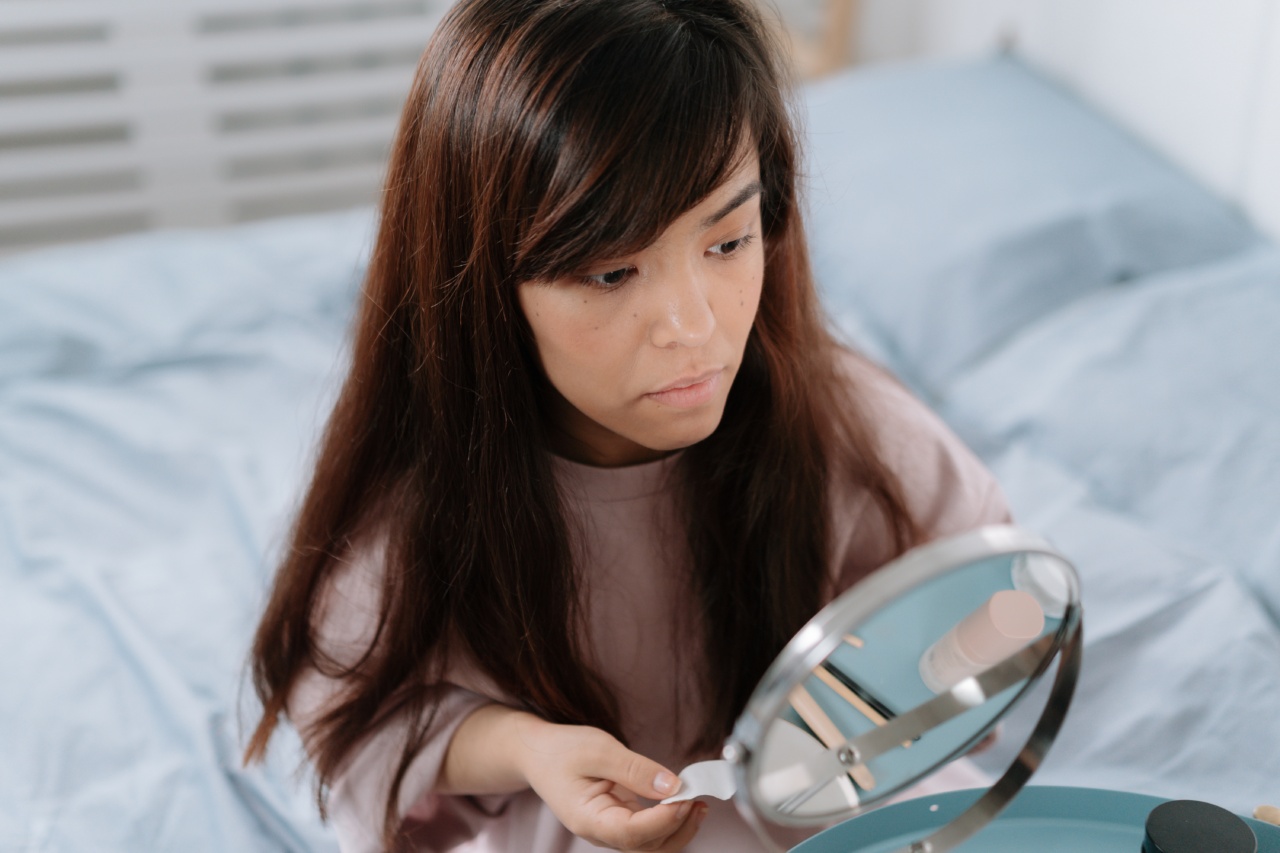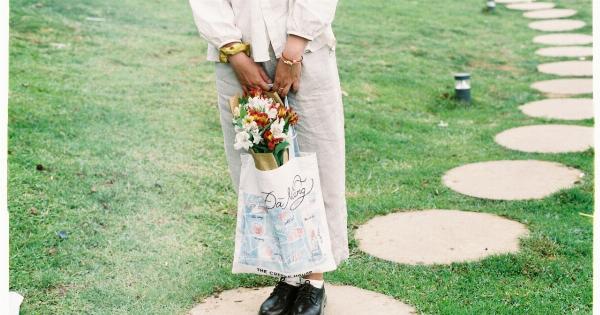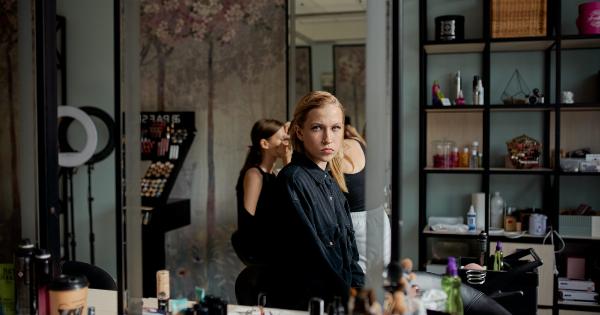Makeup is an essential part of many people’s daily beauty routines. It helps to enhance our features, boost our confidence, and express our personal style.
However, like any other product, makeup has a shelf life and can go bad if not used or stored properly. In this article, we will explore how long you can keep your makeup before it goes bad, the signs to look out for when your products expire, and how to extend the lifespan of your cosmetics.
Why does makeup expire?
Makeup products are composed of various ingredients, such as oils, waxes, and pigments. Over time, these ingredients can degrade or become contaminated, leading to changes in texture, color, and scent.
Additionally, exposure to air, sunlight, and bacteria can also contribute to the deterioration of cosmetics. This is why it’s important to pay attention to the lifespan of your makeup products.
Understanding makeup expiration dates
Most makeup products come with a small symbol that resembles an open jar, followed by a number and the letter “M” (e.g., 12M or 24M). This symbol indicates the recommended shelf life of the product after opening, usually expressed in months.
It is important to note that these time frames are estimates and can vary depending on various factors, such as the brand and formulation of the product.
Common signs that your makeup has expired
While the expiration dates provide a general guideline, there are some common signs that indicate your makeup has gone bad:.
- Changes in texture: If your liquid foundation becomes lumpy, your mascara clumps, or your cream blush becomes dry and flaky, these are signs of deterioration.
- Unpleasant odor: If your makeup products develop a foul smell, it’s a clear indication that they have expired and should be discarded.
- Changes in color: Certain makeup products, particularly those containing natural ingredients, can change color or become discolored when they expire. For example, a lipstick might become darker or an eyeshadow might lose its vibrancy.
- Irritation or breakouts: Expired makeup can harbor bacteria, leading to skin irritation, redness, or breakouts. If you notice any adverse reactions after using a product, it’s time to throw it away.
Makeup storage tips to extend its lifespan
Proper storage can help extend the shelf life of your makeup products. Here are some tips to keep in mind:.
- Keep it in a cool, dry place: Heat and humidity can accelerate the degradation of cosmetics. Store your makeup in a clean and dry environment, away from direct sunlight and extreme temperatures.
- Avoid exposure to air: When not in use, tightly close the lids and caps of your makeup products to prevent air from entering and drying out the formulations.
- Use clean tools: Bacteria and other microorganisms can contaminate your makeup products, leading to their early expiration. Ensure that your hands, brushes, and sponges are clean before each use.
- Don’t share makeup: Sharing makeup can spread bacteria and increase the risk of contamination. It’s best to avoid sharing products, especially eye and lip cosmetics.
- Regularly clean your makeup brushes: Brushes accumulate product buildup and bacteria over time, which can impact the longevity of your makeup. Clean your brushes at least once a week using a gentle cleanser or brush cleaner.
Specific shelf lives of common makeup products
While the shelf life of makeup products can vary, here is a general guideline for some common cosmetics:.
- Mascara: 3-6 months
- Foundation: 6-12 months (liquid), 12-18 months (powder)
- Eyeshadow: 12-18 months (powder)
- Lipstick: 12-18 months
- Blush and bronzer: 12-18 months (powder), 6-12 months (cream or liquid)
- Eyeliner: 6-12 months (pencil or gel), 3-6 months (liquid)
When in doubt, throw it out
If you’re unsure about the expiration of a particular makeup product, it’s better to err on the side of caution and discard it. Using expired makeup can lead to skin irritation, breakouts, or even serious infections in some cases.
It’s always better to prioritize your health and safety over holding on to older cosmetics.
By following the suggested guidelines and practicing good hygiene, you can make the most of your makeup collection while ensuring you stay safe. Remember to periodically assess the condition of your products and replace them as needed.
Your skin will thank you!.






























